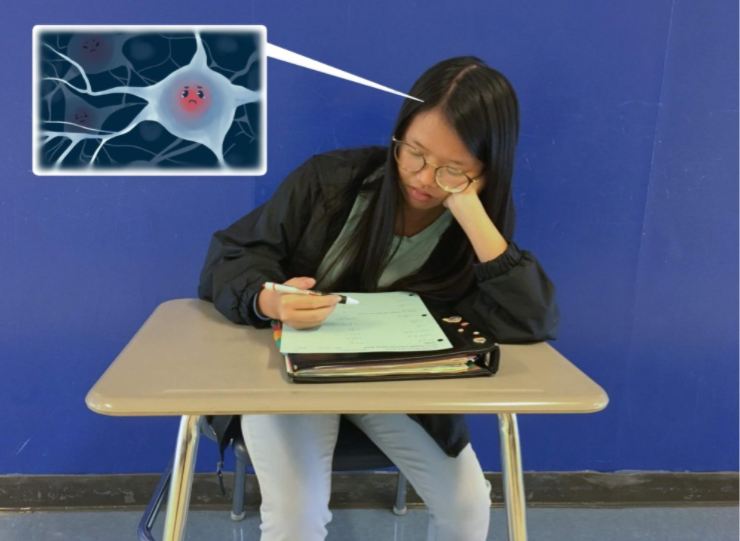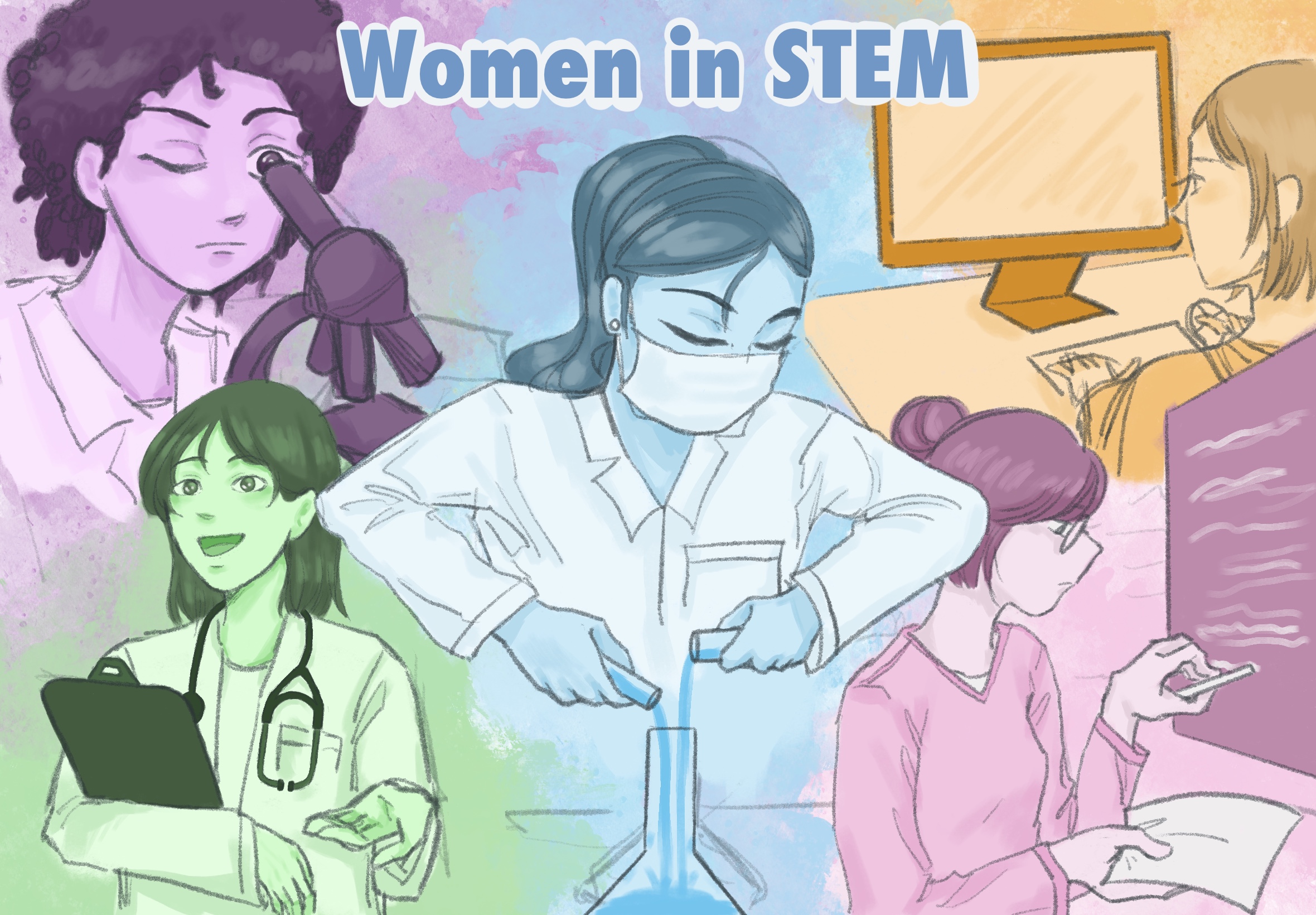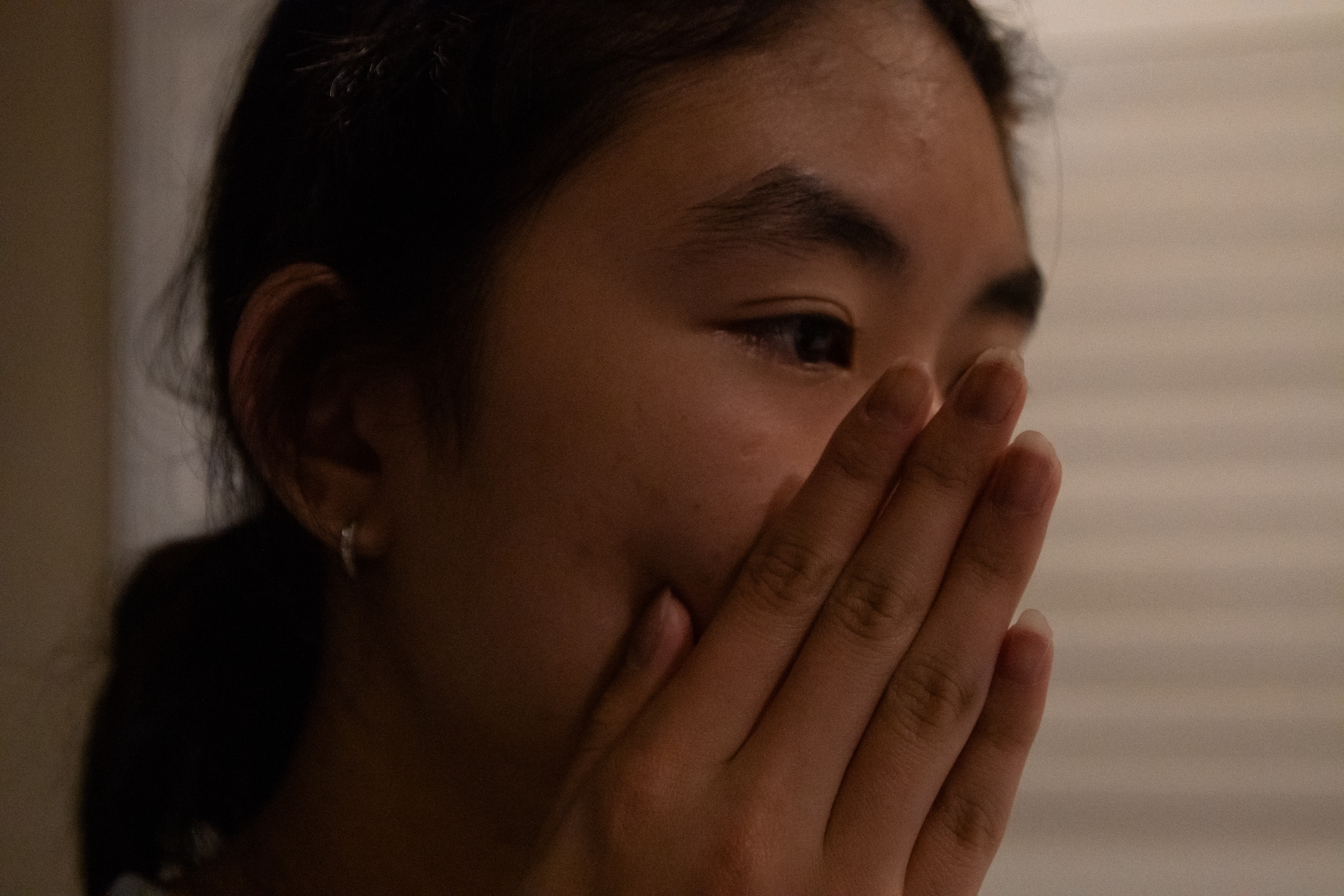
By Karen Phan, Staff Writer
I pulled my first all-nighter in sixth grade out of curiosity. In eighth grade, I took a zero period class for five days before I decided that I couldn’t function on seven hours of sleep. Now I’m a high school student with sleep deprivation. Here’s what happens to the body when it’s sleep deprived.
Frontal lobe disruptions: Located behind your forehead, the frontal lobe is a part of the brain that encompasses executive functions that affect behavior and cognition. The functions of the frontal lobe are disrupted and neurological signals are slowed when the brain is exhausted, which impairs cognition skills and puts you at risk a higher for accidents. Concentrating, memorizing and thinking all become difficult when you lose sleep, even for just one night.
Increased activity in the amygdala and decreased activity in the prefrontal cortex: The amygdala is the emotion center of the brain, and when it’s stimulated by negative emotions, the prefrontal cortex works to calm the body down. Sleep-deprived brains experience hyperactivity in the amygdala and decreased activity in the prefrontal cortex. As a result, the brain cannot regulate emotions well, so you feel moody and sensitive after a restless night. In the long run, anxious and depressive feelings arise frequently and can lead to mental health problems.
Interrupted and imbalanced hormone production: Hormones control many bodily functions and are critical in the growth and development of adolescents. The hypothalamus secretes a growth hormone while you sleep. The less sleep you get, the less the growth hormone is produced, thus causing developmental problems. Lack of sleep causes stress, in turn raising the production of cortisol, a stress hormone, that ends up keeping you awake. Insulin levels in your body also elevate when you are sleep deprived, increasing your risk of having type 2 diabetes.
Weakened immune system: Your immune system creates proteins called cytokines while you sleep. Cytokines help you sleep and also protect your body when you’re stressed or injured. Sleep deprivation decreases the production of cytokines and other protective substances, thus weakening the immune system and making you more prone to infections and diseases.
Compromised cardiovascular system: There’s two major stages of sleep: rapid eye-movement (REM) and non-rapid eye-movement (NREM). During NREM sleep, your heart rate goes down, allowing your heart and blood vessels to rest and recover. An analysis from the European Heart Journal revealed people who are sleep deprived have a higher risk of developing a cardiovascular disease.
These are just a handful of the problems caused by insufficient sleep. We need sleep in order to grow, function and recover. As teenagers, our bodies and brains have not fully developed yet, so sleep is especially important and lack of it can cause severe damage.
Teachers, please respect student time and assign meaningful homework that reinforces content. Parents, please encourage productivity and work with your children to develop healthy practices. And Barons, please set realistic expectations, and don’t overwhelm yourselves. If you have the motivation to crank out an essay at 2 a.m., then you are certainly capable of changing your sleeping habits when you put your mind to it.





